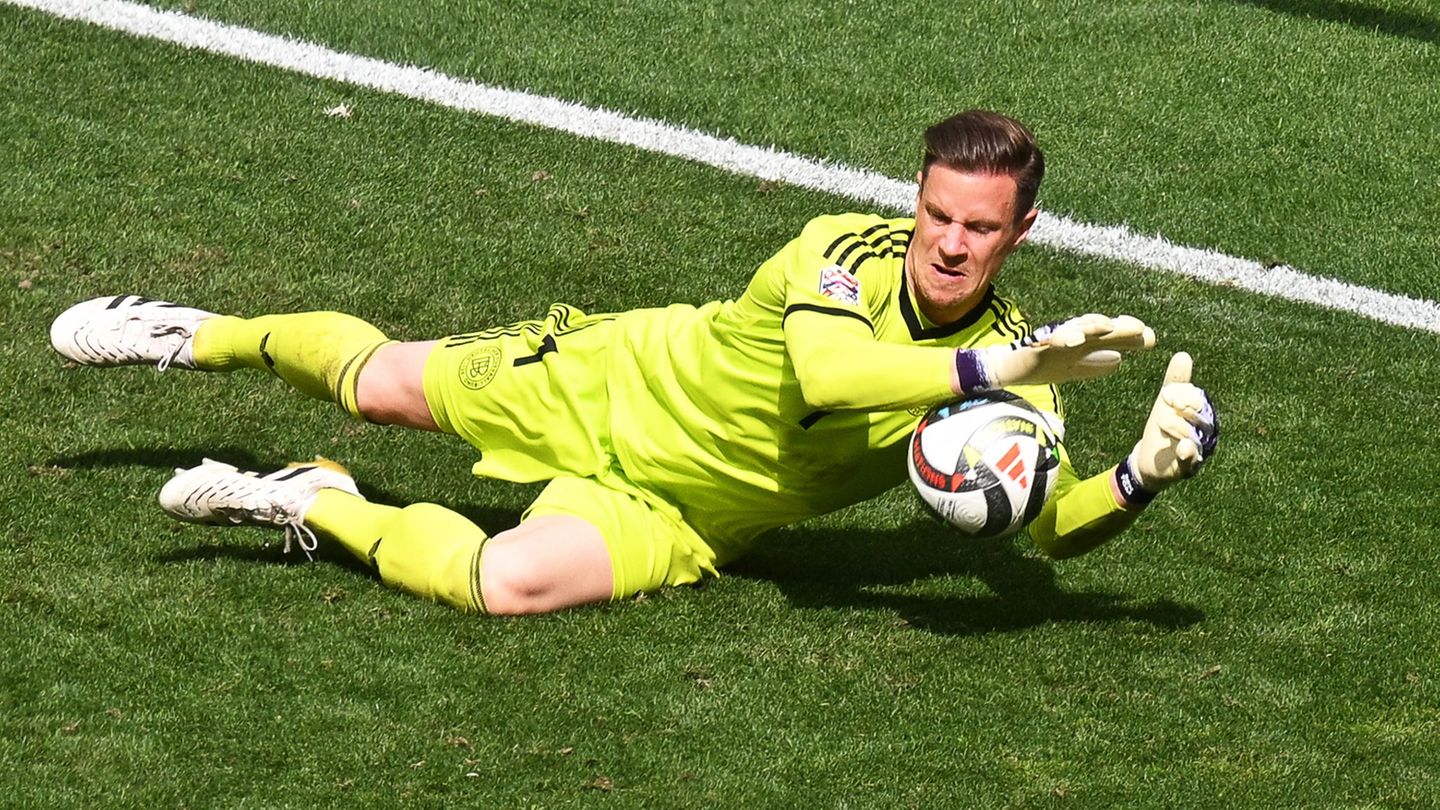All signs point to upgrading. But part of the world wants at least nuclear weapons to be abolished – demands are also being made of the federal government.
At first glance, these are not the most influential states that have gathered in Vienna for their first conference. Bangladesh, Kazakhstan, Nigeria, Kiribati, Chile… They are among the 65 countries that have ratified the new UN Treaty on the Prohibition of Nuclear Weapons (TPNW), and at least 86 have signed it.
She is concerned with what UN Secretary-General Antonio Guterres summed up in a video message at the beginning of the three-day conference on Tuesday: “We cannot allow nuclear weapons in the hands of a few states to threaten all life on our planet.” 13,000 nuclear warheads are stored in the arsenals of nine countries. Just a few could pose an extreme threat to life and the planet. So: Away with it, says the TPNW with unprecedented clarity.
The environment of the conference is extremely unfavorable for your concerns. Since the war in Ukraine at the latest, there have been signs of rearmament, and nuclear capabilities are becoming more important. “All signs point in the wrong direction,” said Austria’s disarmament expert and diplomat Alexander Kmentt. And at the same time turns the tables: Especially in a time like this, such a contract, such an initiative is important. The day before the conference, experts had shown in lectures what catastrophic consequences the explosion of some nuclear weapons would have – and given examples that the world had only just scraped past their use on several occasions. In the meantime, the rhetoric of Russia in particular suggests that the use of tactical nuclear weapons is becoming a possibility, it said.
Germany only observers
Germany stays away from the TPNW, but at least listens. Berlin is represented as an observer at the conference. Also Norway. Both countries belong to NATO, which is sticking to the previous strategy. This means that nuclear weapons are a central component of deterrence. Fear of them is said to make a major war unlikely.
Like Turkey, Belgium, the Netherlands and Italy, the Federal Republic is one of the five states with nuclear participation. US nuclear weapons are stationed there. The International Campaign to Abolish Nuclear Weapons (ICAN) wants more openness in Berlin. “The German government must play an active role in this important state conference if it wants to uphold the coalition agreement’s claim to a world free of nuclear weapons,” demanded Johannes Oehler from the ICAN Germany board. The German government should participate in the support required by the treaty for those affected by the use and testing of nuclear weapons and prepare for Germany’s accession to the treaty.
Sharp criticism from the left
Left chairwoman Janine Wissler sharply criticized the German position. “It’s a shame that Germany hasn’t signed the nuclear weapons ban treaty yet,” Wissler said in Berlin on Tuesday. Only disarmament can create security. “Unfortunately, it is currently doing the opposite with the purchase of new nuclear-capable combat aircraft.”
The 1990s showed what is possible in terms of disarmament. After the end of the Soviet Union, and with great trust in the other side, Moscow and Washington eliminated thousands of tactical nuclear weapons. “That happened without verification” – the other side even refrained from precisely checking the steps, reminds Moritz Kütt from the Hamburg Institute for Peace Research and Security Policy.
In the current era of abysmal distrust between the great powers, moves towards fewer guns seem rather illusory. Nevertheless, the Vienna conference should be a signal of how things should be done. “It’s completely absurd to hold pistols to each other’s heads so that it stays peaceful,” says Kütt.
Source: Stern
David William is a talented author who has made a name for himself in the world of writing. He is a professional author who writes on a wide range of topics, from general interest to opinion news. David is currently working as a writer at 24 hours worlds where he brings his unique perspective and in-depth research to his articles, making them both informative and engaging.




